Heaven scent: what’s next for the fragrance market?
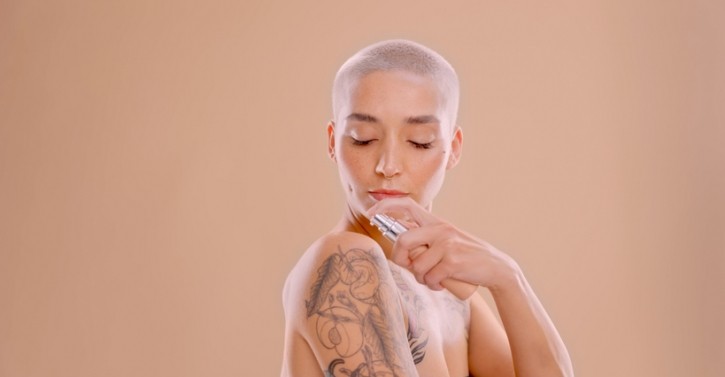
In 2023, scent was big business and in recent years many would argue that it has replaced skin care as the beauty category to watch.
Indeed, if you look at the financial reports of businesses that have bet heavily on scent, for example Coty, it’s clear that fragrance is a winner right now.
And it seems that this will continue into next year and beyond. Figures from Statista stated that in 2023, revenue for the total Fragrances market in Europe reached US$18.47bn, and it forecasts an annual growth rate of 1.27% between 2023 and 2028.
According to Senior Buying Manager at The Perfume Shop, Miranda Savage there have also been notable changes in the way people shop for scent. “We're not seeing one age category or demographic shopping more than any others. What we are seeing among a lot of Millennial and Gen Z shoppers is that everybody's stepping away from: ‘Who is this specifically targeted toward? And instead asking: do I love this fragrance? Does it make me feel good?” she explained.
Savage stated that the category has grown year-on-year over the past five years and believed this was because it gives people an opportunity to buy into a bit of luxury. There has also been increased focus on wellbeing in this market, and as she pointed out, scent is “something that makes people feel good.”
She also noted that there has been a ‘premiumisation’ of the market, as well as a move towards more heavily concentrated fragrances all year round.
“Parfum versus an EDP or elixir format historically was normally seasonal,” she said. “As you came towards the colder months, customers tended to go for a slightly heavier scent. But what we're seeing at the moment and particularly this year, is that customers are wearing those fragrances all year round. And it isn't it isn't just men, women are too. So generally, the market is shifting towards those heavier concentrations.”
What’s coming next for fragrance?
These are all notable trends in the market as we close 2023, but what’s coming next for beauty’s most dynamic category?
According to Mintel Global Beauty and Personal Care Analyst, Clotilde Drape, fragrance consumers are becoming more educated, which is likely to lead to more scrutiny regarding ingredients quality and transparency. Perhaps in a somewhat similar thread to what has happened within the Skin Care market.
“We’ll also see consumers better understand what scent notes they favour,” she shared. “Heritage is going to be important when it comes to scent notes, and for brands there will be emphasis on the sourcing of ingredients and how they reflect a brand’s commitment to traditions/culture.
“Looking ahead, fragrances will continue to be a reflection of consumers’ identity. This means that consumers will continue to engage with the category as a way of expressing themselves but also expressing their own heritage.”
Drape also said that in the future, Mintel expects that fragrance consumers will be open to more experimentation when it comes to scent notes. “As we have seen growing innovation for sweet and gourmand scents, we are also seeing a resurgence of ‘skin scents’, which reflect the wearer’s individuality and offer more toned-down, delicate musky scents that enhance the consumer’s skin with ingredients such as Iso E Super for instance,” she shared and referenced Pantone’s Peach Fuzz 2024 Colour of the Year as resonating well with this trend.
Used to express darker emotions and repel rather than attract
There also appears to be a movement happening that creates new ways for people to feel empowered using scent, which includes the rise of niche/bizarre scents with strong ‘messages’ or unexpected notes as a way to do this.
“Fragrances can be used to express messages of darker emotions and even repel rather than attract,” explained Drape. She highlighted that TikTok search for 'dark feminine perfume' reached 135m views as of November 2023.
Drape also expects the scent experience to become more personalised, with AI and neuroscience offering more precise scent-discovery platforms.
She references brands such as Noteworty or No Ordinary Scent, which leverage AI to decode consumer profiles and provide them with personalised fragrances. But also adds that “the field will go further by allowing fragrance companies to leverage consumer data and provide enhanced experiences and better recommendations.”
The changing fragrance retail landscape
In terms of where people will shop for scent, Drape said that the traditional brick-and-mortar store is still playing an important role in the fragrance path to purchase, especially in European countries, but there is a need to keep a close eye on what’s happening in the digital realm too.
“As the category is gaining traction online and consumers are buying fragrances they've seen on social media, brands can tap into trends such as #PerfumeTok in store,” she said. “While budget remains a key concern to consumers, online retail is favoured for deals and discount shopping while physical stores have a strong role to play for discoverability, travel-retail included, as consumers still buy fragrances from duty-free stores.”
Refillable product options are another area to watch. For example, The Perfume Shop and L’Oréal have just unveiled the first multi-brand fragrance retail station in the retailer’s Nottingham store.
Savage said she believed that refillable fragrance options would become more mainstream in 2024. “We've just been through strategy season and can see lots of the big suppliers are coming out with refill options: things like the at-home refill and larger-size formats for refill purposes. I think having these and being able to talk about that with the customer will be something that can differentiate suppliers.”
She also said that in 2024, the Perfume Shop plans to put more emphasis on ‘niche brands’, as it is seeing the customer demand for this via what people are searching for online.
Meanwhile, in terms of NPD, Drape said there will be some exciting innovations especially in the neuroscience space: “as we see companies such as Givaudan investing further into this field and bringing new sophisticated technologies such as Well&Be to perfumers.”
“The category will also continue to be attractive thanks to its historical heritage and brands that are able to leverage this heritage and craftsmanship to offer elevated experiences will be attractive to consumers,” she concluded.

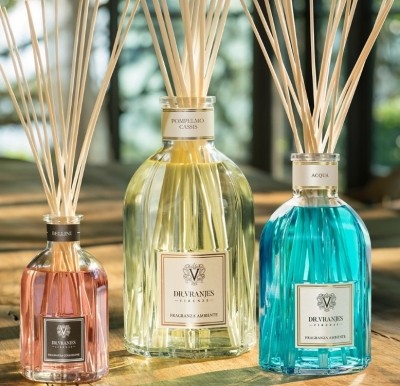
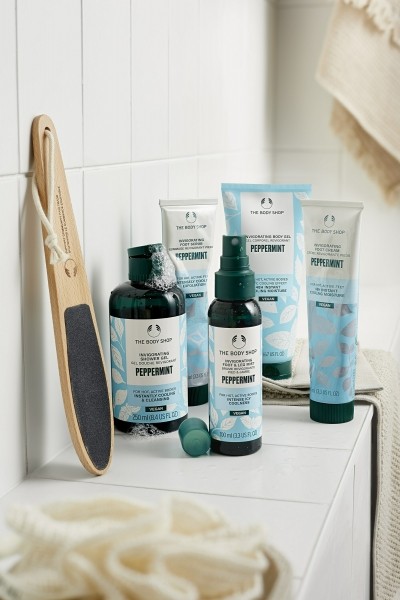
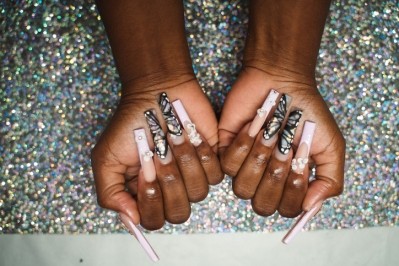
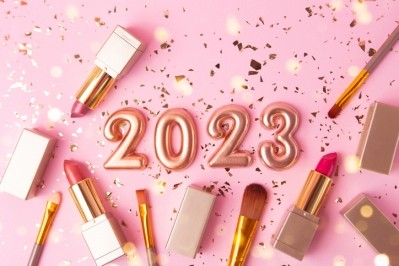
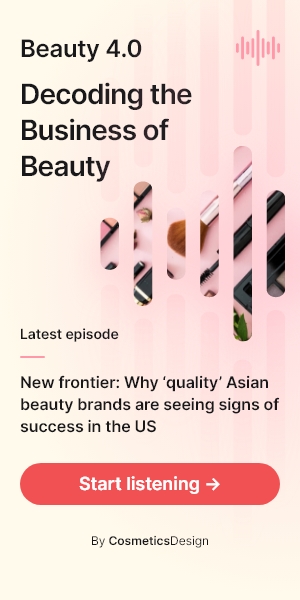

![Chinese study highlights mental health challenges in atopic dermatitis, emphasising holistic patient care. [Getty Images]](jpg/chinese-research-linking-atopic-dermatitis-to-mental-health-underscores-need-for-holistic-care-2.jpg)








